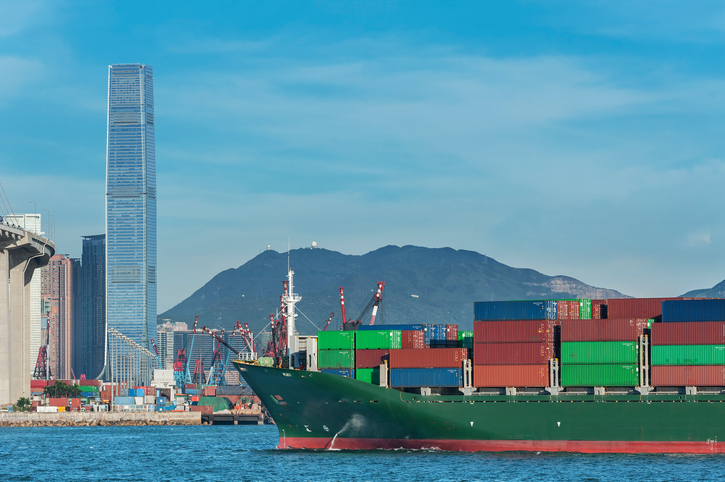You don’t want to use offshore manufacturing if you then find you lose all your margin in freight costs. Knowing the ropes when it comes to shipping will ensure you don’t pay any more than is necessary to get your goods safely to Australia.

Plan Ahead
Give yourself as much time as possible to import your goods from China. The tighter the timeframe, the more you may pay in freight. Book in your cargo ahead of time so you can benefit from any discounts that may be on offer. The Chinese New Year impacts on shipping so plan ahead and book earlier to ensure you don't experience late deliveries.
Sea V Air Freight
At over $15 per kilo for air freight, it is cost prohibitive for most companies unless it is imperative that the goods be in Perth within a few days. However, if your goods are light and small air freight may be the way to go. The cost of sending large, heavy stock by sea is a fraction of the cost of air. Freight is calculated by the container or part thereof.
Difference between LCL and FCL
If cargo is a Full Container Load (FCL), the freight is charged at a full container. If the cargo is Less than a Container Load (LCL) freight is charged on a volume basis. The cost per cubic metre is designed to balance volume and weight. LCL is higher per unit and can have hidden charges added so Vara Allied often mixes multiple clients’ loads to fill a container and minimise the import costs for each client. Vara mix containers of goods approximately every month, so you don’t have to wait an excessive amount of time for your goods. Shipment consolidation has been in place for more than 50 years. Now it is used to reduce costs and the impact on the environment.
Frequent freight shippers can get discounts more easily than a business. Vara Allied compares costs between carriers and negotiates the best price. Vara will also ensure you aren’t paying dimensional weight and oversize charges if goods can be repackaged to avoid them.
Packaging
Make sure your goods are wrapped properly, so they aren’t damaged. Consider the outer packaging and internal packaging. Boxes should be sealed and labelling should be clear and include correct addresses. Vara work closely with each supplier to ensure your packaging needs are met.
Insurance
Many companies are willing to run the gauntlet and not insure their goods on the passage from China to Australia. However, things can go wrong. Cargo can shift during transport and if your goods are squashed there is little recourse. Containers can fall off ships in heavy seas so if you don’t want to hear reports of your valuable items washing up on an Indonesian beach for years to come then insurance is the way to go. Only you can weigh up the cost of insuring versus not insuring your shipment. If lost or damaged goods would cause hardship, then it is recommended to take out insurance. You don’t want your business to fail because one shipment went terribly wrong.
If you have any queries about freight costs between China and Australia, call (08) 6115 0118 or contact us.